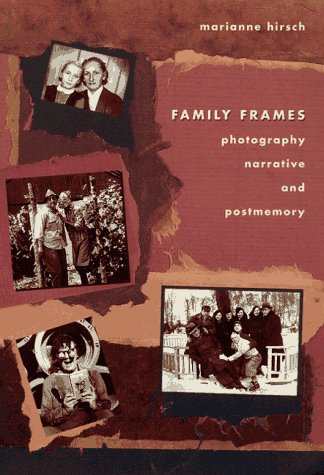Just Writing (A Feminist's Life)
 In Writing a Woman's Life, Carolyn Heilbrun cites Nancy K.
Miller to assert that "women's lives, like women's writing 'have a
particularly vulnerable relation to the culture's central notion of
plausibility.'" This is certainly more than true for feminists' lives
especially at a moment when the "f" word can only be uttered in a
whisper. Heilbrun's definition of "feminist" again includes some phrases
of Miller's (the book is dedicated to Miller and is a testament to their
intense conversations, and to the dialogues and collaborations that
feminist life and work exemplify). "Feminist," she writes, is "'the wish
to protest against the available fictions of female becoming.'" Have
those "available fictions" changed significantly for our students, who,
amazingly, are no longer feminists, and not even sure they are "not
feminists, but . . .?" As one student said in a recent class: "Our mothers
are feminists. Why do we need to be?"
In Writing a Woman's Life, Carolyn Heilbrun cites Nancy K.
Miller to assert that "women's lives, like women's writing 'have a
particularly vulnerable relation to the culture's central notion of
plausibility.'" This is certainly more than true for feminists' lives
especially at a moment when the "f" word can only be uttered in a
whisper. Heilbrun's definition of "feminist" again includes some phrases
of Miller's (the book is dedicated to Miller and is a testament to their
intense conversations, and to the dialogues and collaborations that
feminist life and work exemplify). "Feminist," she writes, is "'the wish
to protest against the available fictions of female becoming.'" Have
those "available fictions" changed significantly for our students, who,
amazingly, are no longer feminists, and not even sure they are "not
feminists, but . . .?" As one student said in a recent class: "Our mothers
are feminists. Why do we need to be?"
When Jean Howard and I conceived the topic of this conference in
honor of Carolyn Heilbrun, who herself had recently protested against
available fictions by ending her own life, we wanted to explore the
parameters of feminist lives, to be sure. But, more urgently, we wanted
to push against the limits of feminist academic writing by looking at
"academics and their memoirs." Why have so many late 20th-century
academic feminists turned to the memoir, we wondered? In what ways is
the genre of the memoir suited for feminist appropriation? What is its
relationship to feminism's politics of the personal? At a moment when,
as Carolyn Heilbrun herself observed in several of her last essays,
feminist literary criticism and even feminist theoretical writing seemed
to have lost some of their urgency, we wondered if the memoir might be
providing a space for feminist reflection and theorization of a
different sort. At the same time, we were anxious not to create a
dichotomy between theory and autobiography, or to see one as an
alternative to the other.
We invited our speakers to read from their memoirs and thus we
invited them as "writers," not as "academics." But we also enjoined them
to reflect on the relationship between their academic writing and their
memoir writing. Does the memoir offer feminists another way of writing
theory or feminist historiography? Or are these different forms,
addressing different audiences? What narratives of feminism, more
specifically, do these memoirs tell? These are the questions we hoped
would be addressed in commentary and discussion, giving the conference
some amount of coherence and even some scholarly weight.
Moderators posed these questions, some audience members reiterated
them, but the speakers curiously resisted and even bluntly rejected them
outright. From the first panel on, I began to have the feeling that they
would not go anywhere and this inkling, accompanied by a knot in my
stomach, was more than confirmed by the end of the day.
Right from the start, Deborah McDowell went right into reading from
Leaving Pipe Shop, eschewing all prefatory comment but explaining
later that this gesture was in itself a response, with no disrespect
intended, to the questions we had posed. "All writing assumes its form,"
she insisted, and whether writing the memoir, or writing criticism, she
was "just writing." Later in the day, when I posed the question to Eve
Kosofsky Sedgwick, she did not hesitate to express her "impatience" with
its very premise: "I think of myself as a writer. I've always thought of
myself as a writer." In utter frustration, she added, "the idea that you
turn off half your brain when you write anything seems just . . .." And
Shirley Geok-lin Lim stressed that she would be mortified to have
Behind the White Moon Faces read as the memoir of an academic: to
her it was the memoir of a poet.
|